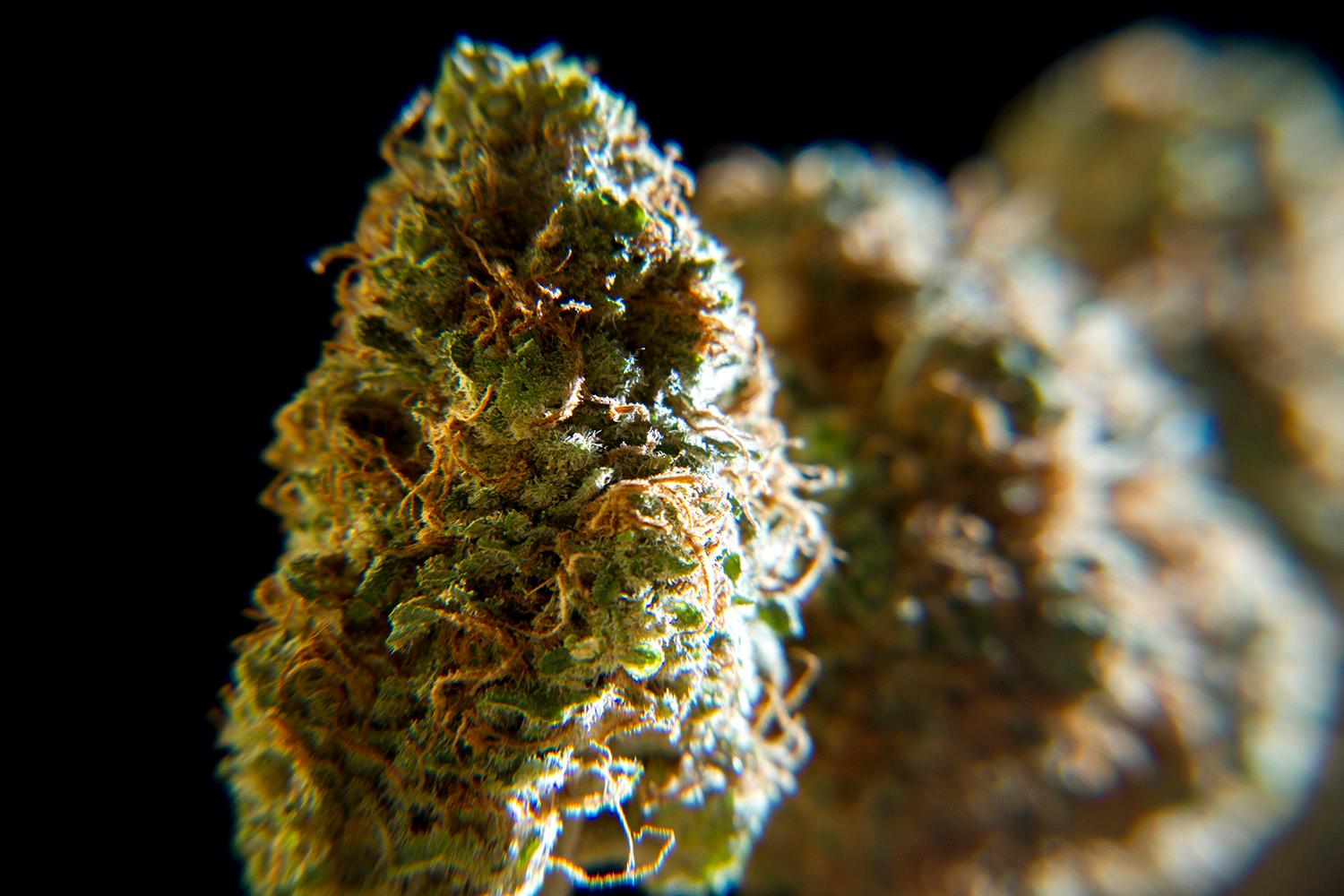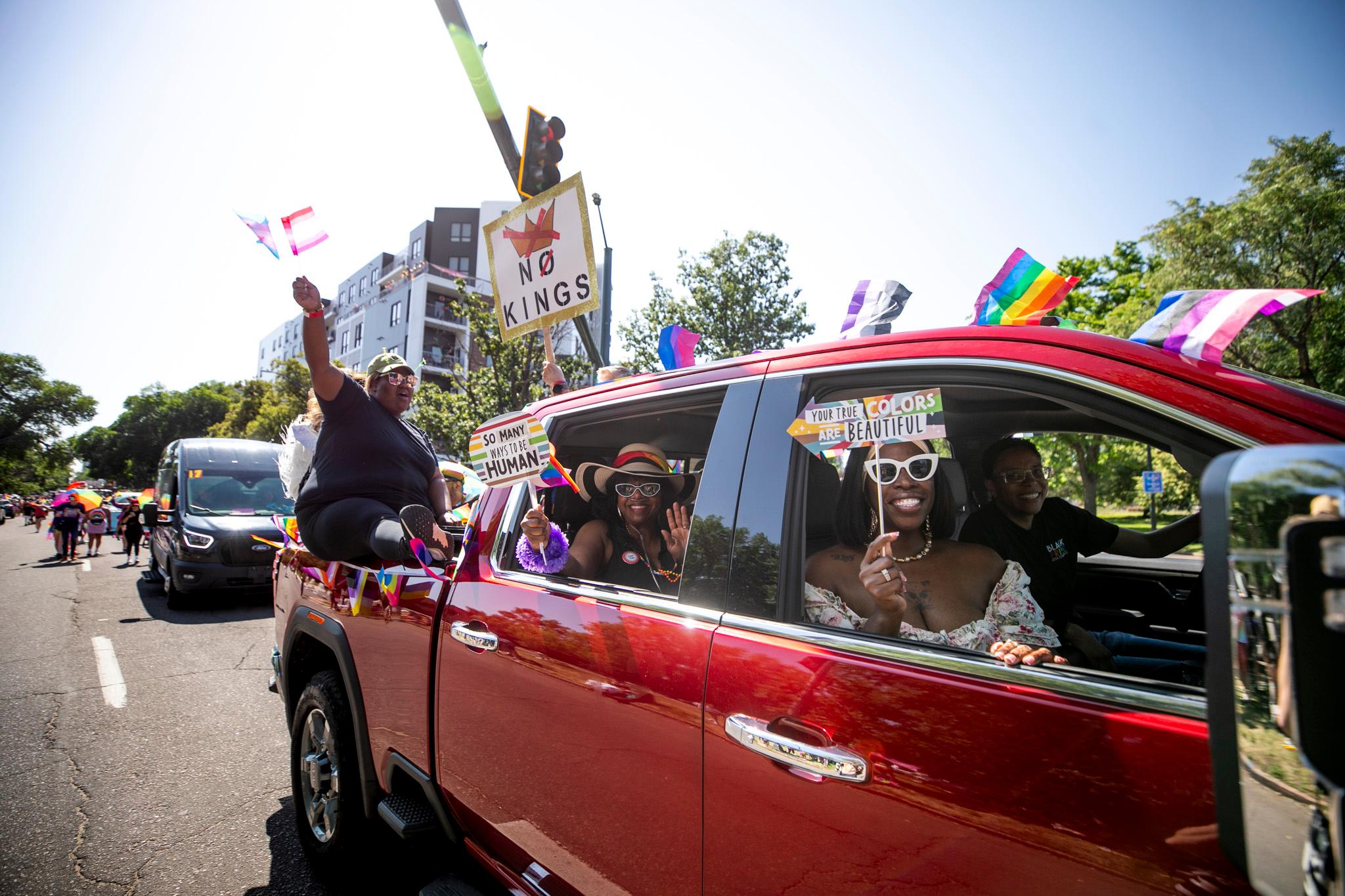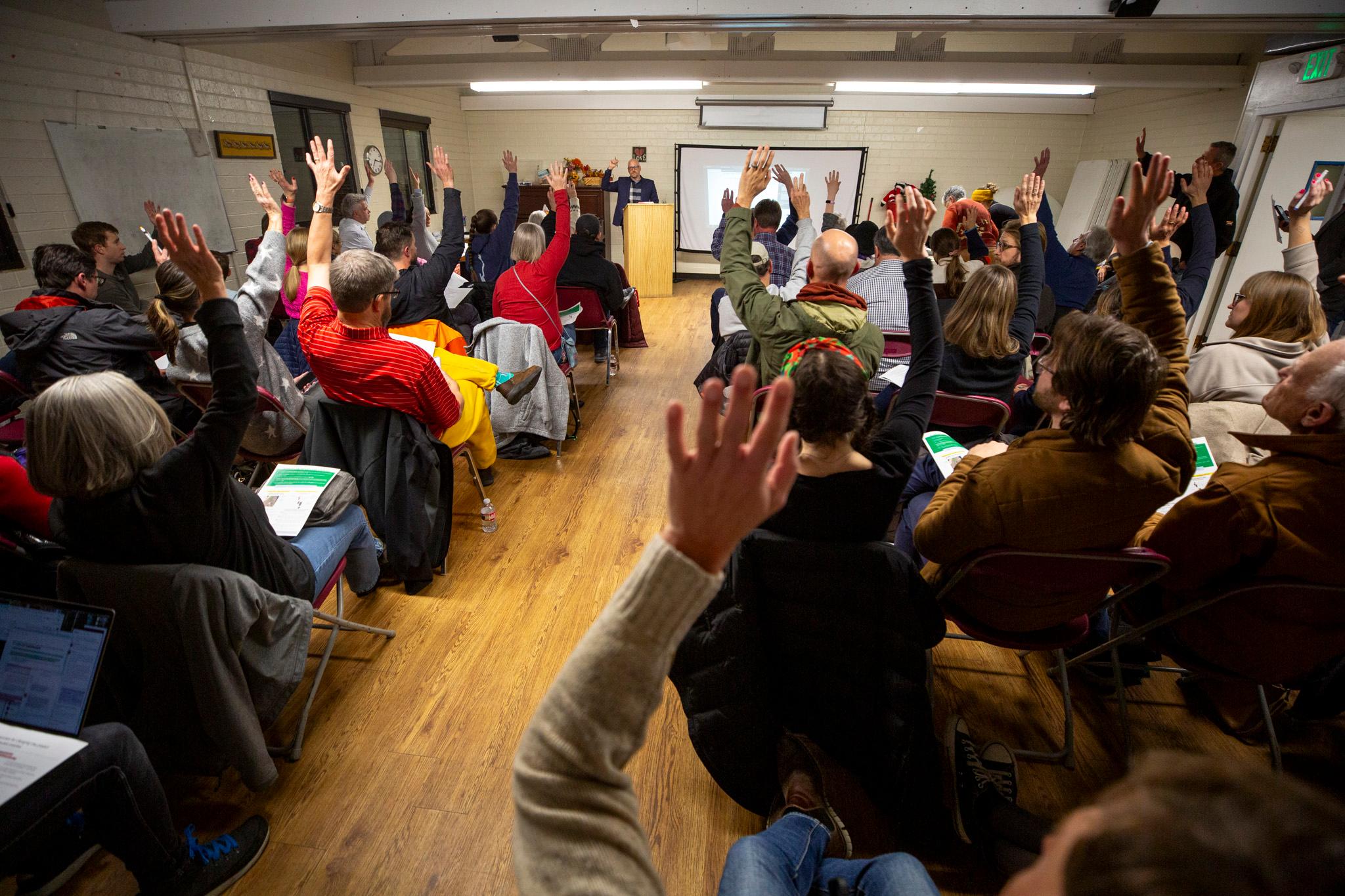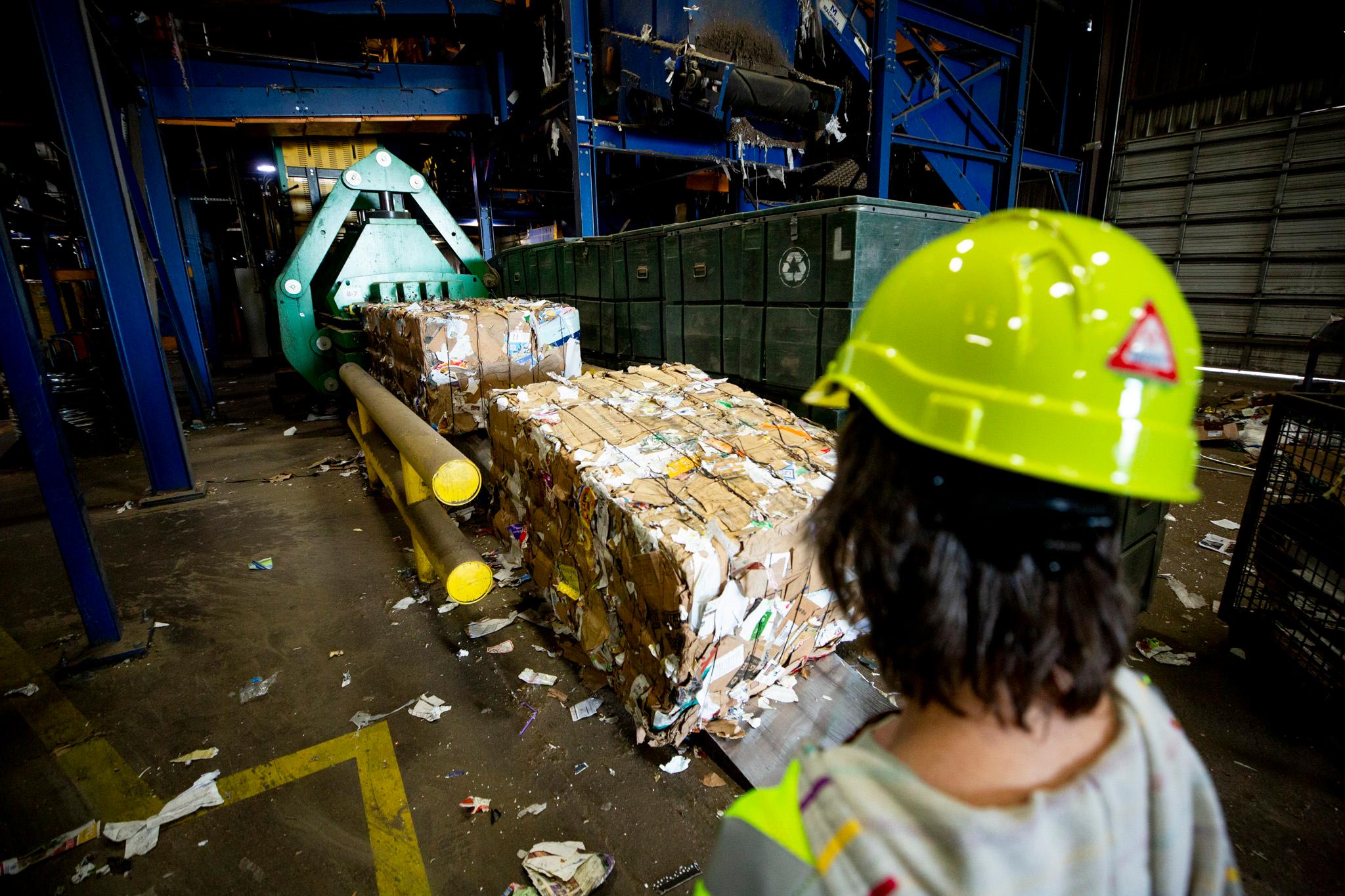Dr. Bronner's, the soap company with the eccentric on-bottle messaging, really loves cannabis.
It's not just that they're one of the largest U.S. consumers of hemp oil, an ingredient derived from the non-drug version of the plant. The All-One also is a longtime advocate of recreational marijuana.
And that's why the activist personal hygiene business just planted itself amid one of the most important debates of the legal marijuana industry: Who gets to decide what's ethical and organic when it comes to cannabis?
"I feel like we’re in a good position to be able to assist and maybe help shape some of the standards for the cannabis industry," said Les Szabo, director of constructive capital for Dr. Bronner's.
The company will be the primary seed-round funder of the Cannabis Certification Council, a nonprofit venture with roots in Denver and Portland, Ore., which was announced this week. Dr. Bronner's will provide $125,000 in initial funding, Szabo said, along with continuing financial and logistical support.
The council plans to certify whether participating companies are growing marijuana in line with organic standards, and also whether workers are receiving livable wages, among other factors. The end result should be a label to be printed on the packaging of certified products.
"It really needs to come from an unbiased, consumer-advocacy driven organization," said Amy Andrle, co-owner of the L'Eagle cultivation facility and dispensary in Denver.
Andrle also was a founder of the Organic Cannabis Association, which intended to create its own pesticide-free "clean cannabis" standard. OCA was in the process of certifying about a half-dozen initial businesses, but now will merge with the Ethical Cannabis Association of Portland to create the new CCC organization.
The Cannabis Certification Council currently is drafting its new standard, with hopes to test it this summer and have it rolled out for consumer products later this year. Third-party inspectors would verify whether companies are meeting the standard, Andrle said.
"It’s a really robust certification, and a national one at that," Andrle said. "We want to consolidate the smaller, one-off certifications so that consumers have something that they really understand."
For its part, Dr. Bronner's has long backed the creation of ethics and sustainability standards in several industries. (Detailed quite well here.)
"It started, really, with our own supply chain," Szabo said. The company pledged to go organic in 2003, but realized that "organic, still, by itself was not enough -- there were still transparency issues and worker’s rights issues that weren’t being addressed just by organic."
Cannabis is unusual, though, because it lacks even a common "organic" standard, which is normally enforced by the U.S. government.
The drug is illegal under federal law, so the U.S. Department of Agriculture won't extend the standard to it. The Colorado Attorney General's Office has investigated businesses for using the word "organic" in their marketing.
Other cannabis certifications include Clean Green, which counts some Colorado farms as members.
But what about Dr. Bronner's brand marijuana?
Yes, I asked if Dr. Bronner's would ever sell its own recreational marijuana. How much sense would that make?
"That pitch has been made to us many times, but right now we’re focused very much on our personal-care product line," Szabo said.
"You never say never, but right now, there’s a lot of capital investment that’s going into cannabis."
Instead, the soap company sees its role as "making sure that cannabis companies are doing the right thing in terms of these social and environmental issues," he said. "We’re looking to be catalyzing investors. We’re going to go where other companies or other nonprofits don’t go."












